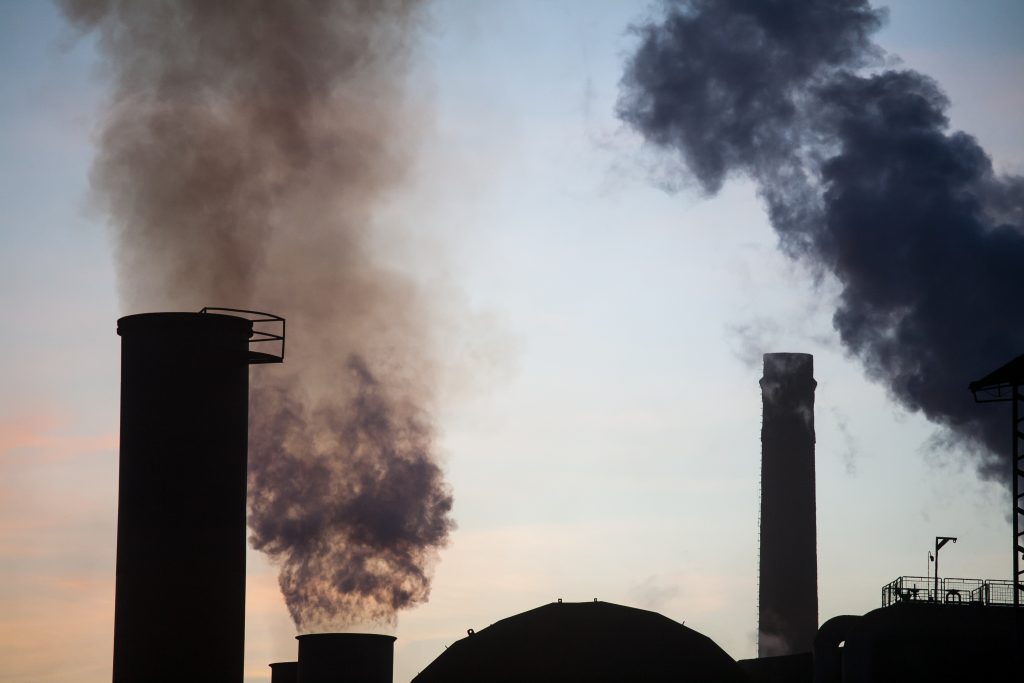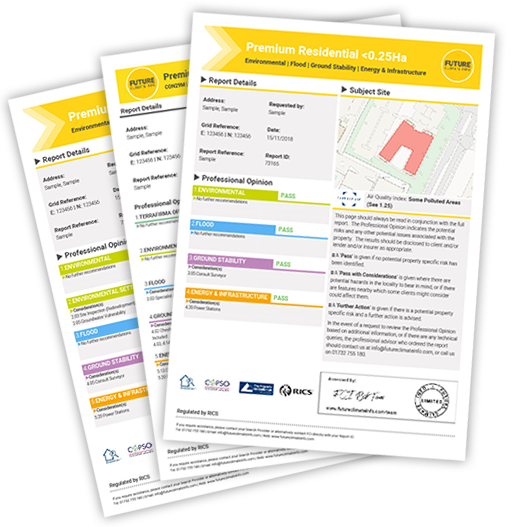
Final Call to Slow Climate Change
The Intergovernmental Panel on Climate Change (IPCC) have delivered their starkest warning yet that we must make fundamental changes to how we live right now, or else the effects of potentially catastrophic warming cannot be undone.
The report says that the world is now completely off track, heading instead towards an average temperature rise of 3C, rather than preferred target of 1.5C above pre-industrial levels.
To correct this means “rapid, far-reaching and unprecedented changes in all aspects of society”, which will be hugely expensive. The bill could be 2.5% of global GDP each year for the next two decades – that’s an estimated $2.4 trillion, but we may still have a small window of opportunity.
The report is the result of three years of research and negotiation between researchers who are clear what the science is telling them, and what politicians are concerned with – living standards and economic growth.
If we are to keep on track with an average 1.5 C rise (we are at 1C right now), we have to change our energy systems, the way we manage land, and how we are transported.
We could exceed the 1.5C temperature threshold by 2030 – so we don’t have long to change.
What can we do as individuals?
The IPCC stress that changes to everyday human activity can play a huge role – it’s not just about investment.
They urge people to:
- buy less meat, milk, cheese and butter and more locally sourced seasonal food – and throw less of it away
- drive electric cars but walk or cycle short distances
- take trains and buses instead of planes
- use videoconferencing instead of business travel
- use a washing line instead of a tumble dryer
- insulate homes
- demand low carbon in every consumer product
In parallel, we need to make five clear steps as economies to stay within the 1.5C level:
- Global emissions of CO2 need to decline by 45% from 2010 levels by 2030
- Renewables are estimated to provide up to 85% of global electricity by 2050
- Coal to reduce to close to zero
- Up to 7 million sq km of land will be needed for energy crops (a bit less than the size of Australia)
- Global net zero emissions by 2050
In addition, we must find ways to capture the excess carbon and store it. Planting trees is the only practicable option, while at the same time harnessing a rapid acceleration of wind and solar power in place of fossil fuels.
What happens if we do nothing?
The report is clear that breaching the 1.5C threshold will create significant and dangerous changes to our world.
The world’s coral reefs will be completely destroyed with 2 degrees of warming and are already seeing extensive bleaching and dieback.
Global sea-levels will rise around 10 centimetres more at the 2C level. This may not seem a lot but if we changed our day to day lives and kept to 1.5C, then 10 million fewer people would be exposed to the risks of flooding.
Small island states and coastal communities in South East Asia could be eradicated as higher tides and flood waters inundate, leading to migration and pressure on resources elsewhere.
Many of the world’s major cities, including London, Miami and Singapore could find themselves compromised by the combined effects of tide, storm surge or extreme weather systems.
Crops like rice, maize and wheat could also be severely compromised with changes to soil and ocean acidity – affecting global food chains.
2018 will be seen as a “totem year” for climate change. While record temperatures have not been set, it is the sheer number of locations across the globe that have experienced lengthy heat waves that is the difference – these are no longer isolated events.
The report concludes that hard decisions can no longer be kicked down the road. If we don’t act soon, they will have to rely even more on unproven technologies to take carbon out of the air – an expensive and uncertain road.
Thinking Ahead on Climate Impacts
The IPCC report challenges us all to think about how the climate will impact on all of our lives – not just making changes to our day to day routines, but also how we respond to climate events in our communities.
With temperature rises, comes more moisture in weather systems and more extreme flooding. With lengthy heatwaves, comes the risk of subsidence from shrinking soils. These all have major impacts on how and where we live and we must think about the long term when we make choices on property.
Future Climate Info environmental reports provide clear, straightforward assessment of how your chosen property and its neighbourhood area could be affected by a more aggressive climate. For more information, contact us on 01732 755 180 or email us on info@futureclimateinfo.com
Try before you buy
To take advantage of a trial free order of your first environmental report, please complete the enquiry form and we will get back to you as soon as possible. We will need to take more details of the property or site and ask some more questions about your firm and the transaction.

